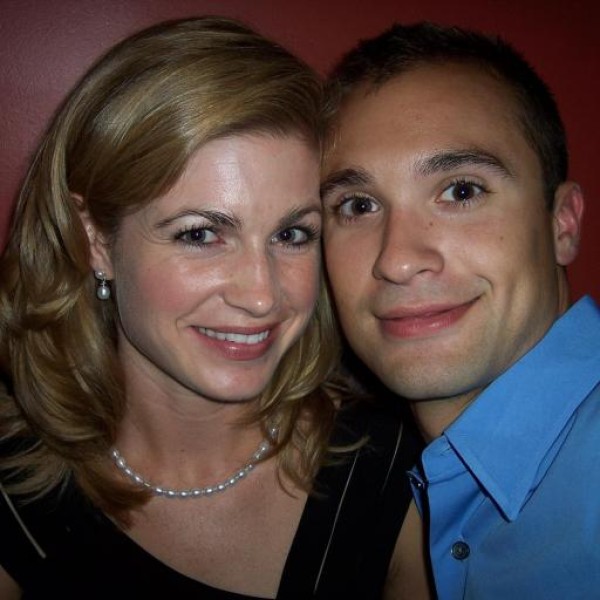Unpacking the mortgage payment
This is what you're actually paying for
As a first-time homebuyer, you're likely concerned about the financial obligations that come with owning a home. How much can you expect to pay each month? What about taxes? How can you best protect your investment? Etc, etc, etc…
Similar to other large purchases, like a car or a boat, homeowners are expected to pay monthly toward their loan, plus interest, insure their purchase and pay taxes annually. It's a lot to keep up with, but worry not; we're here to help!
Here are the items commonly included in a monthly mortgage payment.
Paying the PITI
When it comes to mortgages, your overall out-of-pocket expenses are usually combined into a single payment, known as PITI.
Each month, a portion of the following homeowner necessities will be paid:
- P = Principal, or the total amount of money you borrowed from your lender. If your loan was for $250k, your principal is $250k. The monthly payment toward your principal doesn't usually change (unless you refinance, but that's another article!) and is contingent upon your down payment and the total life of the loan.
- I = Interest, or the fee you pay your lender for borrowing money. The interest rate on your loan varies based on market conditions at the time your interest rate is locked and can also be impacted by your personal credit history and other factors.
- It's important to note that there are two interest rate options for homebuyers – fixed-rate mortgage (aka FRM) and adjustable-rate mortgage (aka ARM). If you opt for a FRM, your interest rate will not change for the life of the loan, even if market rates go up or down over the years.
If you opt for an ARM, your interest rates are fixed for a period of time as stated in your loan documents (usually five years) and then the rate can change based on the current market. This means your monthly mortgage payment could also increase or decrease at each adjustment interval.
- T = Taxes, which are levied by the government and based on the value of your property. Each year, your property is assessed and payment is due. If you opt to include your property tax in your monthly mortgage payment, your annual bill will be divided into 12 payments, collected each month, held in escrow until your taxes are due and paid on your behalf.
Keep in mind: If the value of your home changes over the years, your monthly mortgage payment may increase or decrease. Your mortgage lender or servicer will notify you of any changes.
- I = Insurance, which protects your property in the event of a disaster or an accident. Like property taxes, your monthly insurance payments can be collected and held in escrow and paid to your insurance company directly. Generally, your insurance payment stays the same over the years, but changes in your coverage could impact your monthly mortgage payment.

Closing the Deal
At least three days before you close on your mortgage loan, your lender will provide a Closing Disclosure (CD) for your review. This document outlines the terms of your loan – including a breakdown of your monthly payment and an overview of your closing costs.
What are closing costs? They're a one-time charge paid at closing that covers the processing of your loan. It includes fees for things like appraisals, credit reports, IRS transcripts, escrow fees, titles and attorneys.
Knowledge is power, so take the time to review your CD carefully and understand the initial and long-term costs of your loan before you sign the dotted line.
Remember to rely on your mortgage lender along the way and they'll help you understand the financial responsibilities involved as you close the deal on your dream home!



